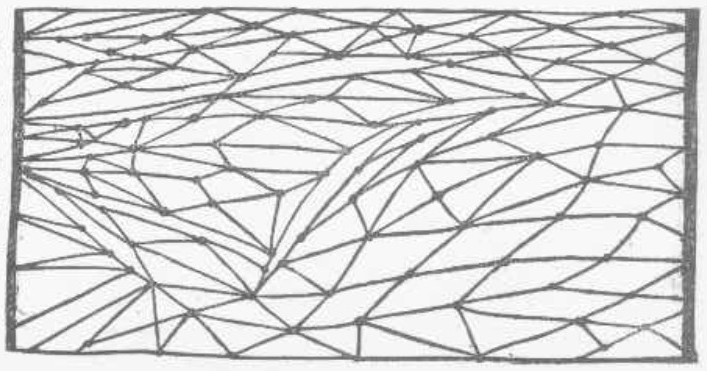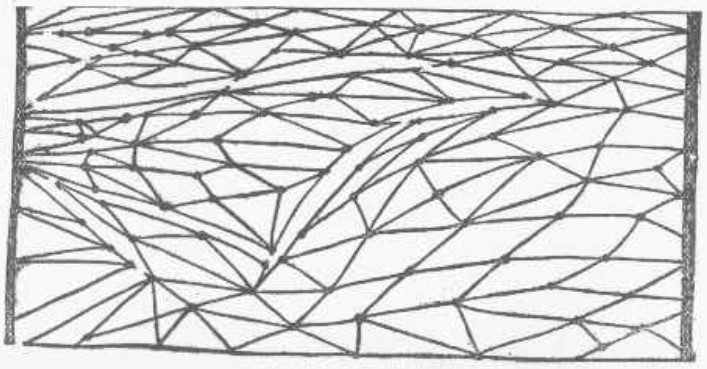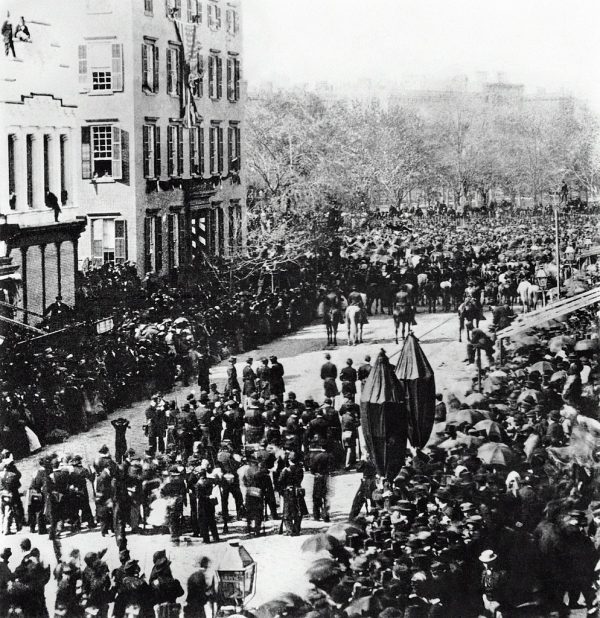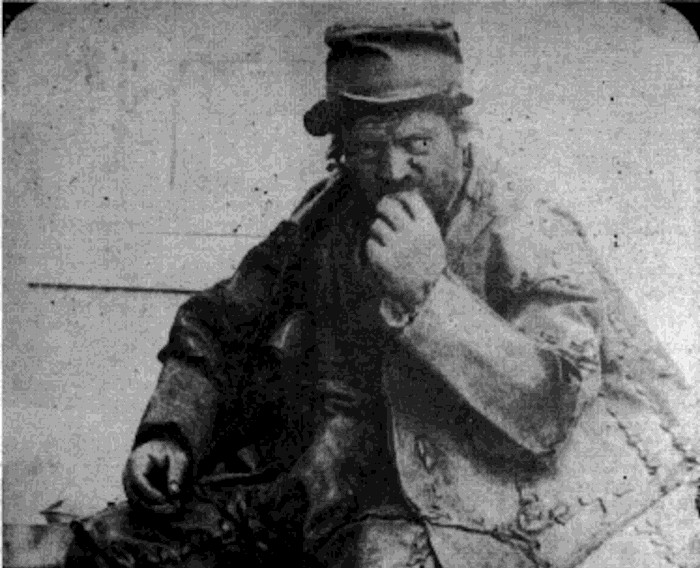
Lesser-known maxims from Poor Richard’s Almanac:
- You may be too cunning for One, but not for All.
- Who is rich? He that rejoices in his Portion.
- By diligence and patience, the Mouse bit in two the Cable.
- To be intimate with a foolish Friend, is like going to Bed to a Razor.
- A false Friend and a Shadow attend only while the Sun shines.
- He that goes far to marry, will either deceive or be deceived.
- ‘Tis easy to see, hard to foresee.
- Many Foxes grow grey, but few grow good.
- Paintings and Fightings are best seen at a distance.
- Fly pleasures, and they’ll follow you.
- Gifts burst rocks.
- Historians relate, not so much what is done, as what they would have believed.
- Let thy vices die before thee.
- Men differ daily, about things which are subject to sense, is it likely then they should agree about things invisible?
- What signifies your Patience, if you can’t find it when you want it?
And “Let all Men know thee, but no man know thee thoroughly: Men freely ford that see the shallows.”










